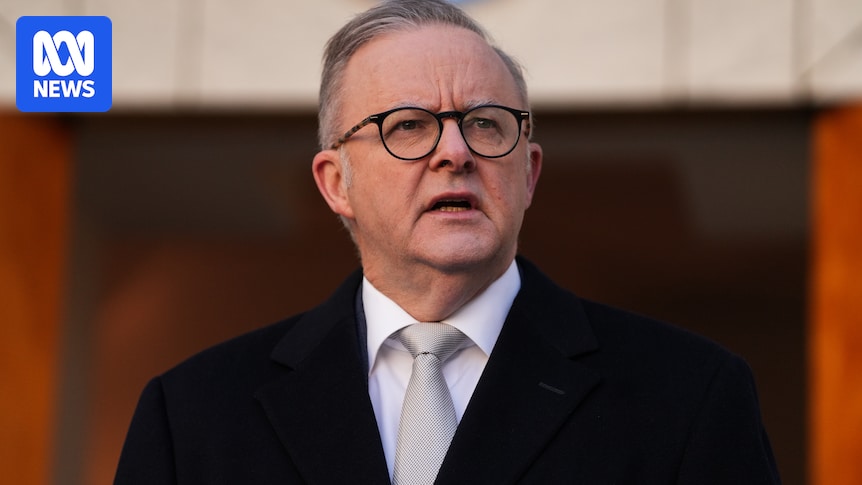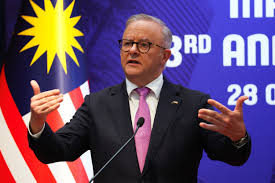In the realm of international climate diplomacy, the race to secure hosting rights for the next UN Climate Change Conference is heating up between Australia and Türkiye. The stakes are high as both nations vie for the chance to lead COP31, with the potential for significant impacts on global environmental policy and action.
Australian Prime Minister Anthony Albanese has firmly rejected Türkiye's proposal for a co-hosted COP31, citing clear UNFCCC rules that prohibit such an arrangement. This stance underscores the diplomatic deadlock that both nations find themselves in as the deadline approaches for a decision on the hosting of the crucial climate summit.
The ongoing impasse has drawn attention to Australia's bid to host COP31 in Adelaide, positioning itself alongside its Pacific Island neighbors to highlight the climate challenges faced by the region. Pacific Island leaders, long critical of the marginalization of their voices in previous COP summits, see hosting the event as an opportunity to address their unique vulnerabilities.
However, Australia's bid is not without scrutiny, with its history as a major coal exporter and a domestic landscape marked by divisive debates over climate policy. The country's dependence on fossil fuels for economic growth has hindered swift progress on climate action, making its potential hosting of COP31 a point of contention and evaluation for the global community.
Meanwhile, Türkiye's vision for COP31 emphasizes a focus on the world's most vulnerable regions, potentially hosting special sessions addressing Pacific issues. This alternative approach highlights the differing priorities and perspectives that each nation brings to the table in the context of climate diplomacy.
As the clock ticks towards the conclusion of COP30, held in Brazil, the pressure mounts on Australia and Türkiye to resolve their differences and reach a consensus on the hosting of COP31. With the possibility of both nations missing out on hosting rights if an agreement is not reached, the fate of the next UN Climate Change Conference hangs in the balance.
The role of diplomatic mediators, such as Brazil, in facilitating discussions between Australia and Türkiye underscores the complex nature of international climate negotiations. The outcome of these talks will not only determine the location of COP31 but also shape the future of global climate action and cooperation.
In a landscape marked by environmental challenges and geopolitical tensions, the battle for hosting rights for COP31 serves as a microcosm of the broader efforts to address climate change on a global scale. The decisions made in the coming days will reverberate far beyond the realms of international diplomacy, impacting the lives and futures of populations around the world.



